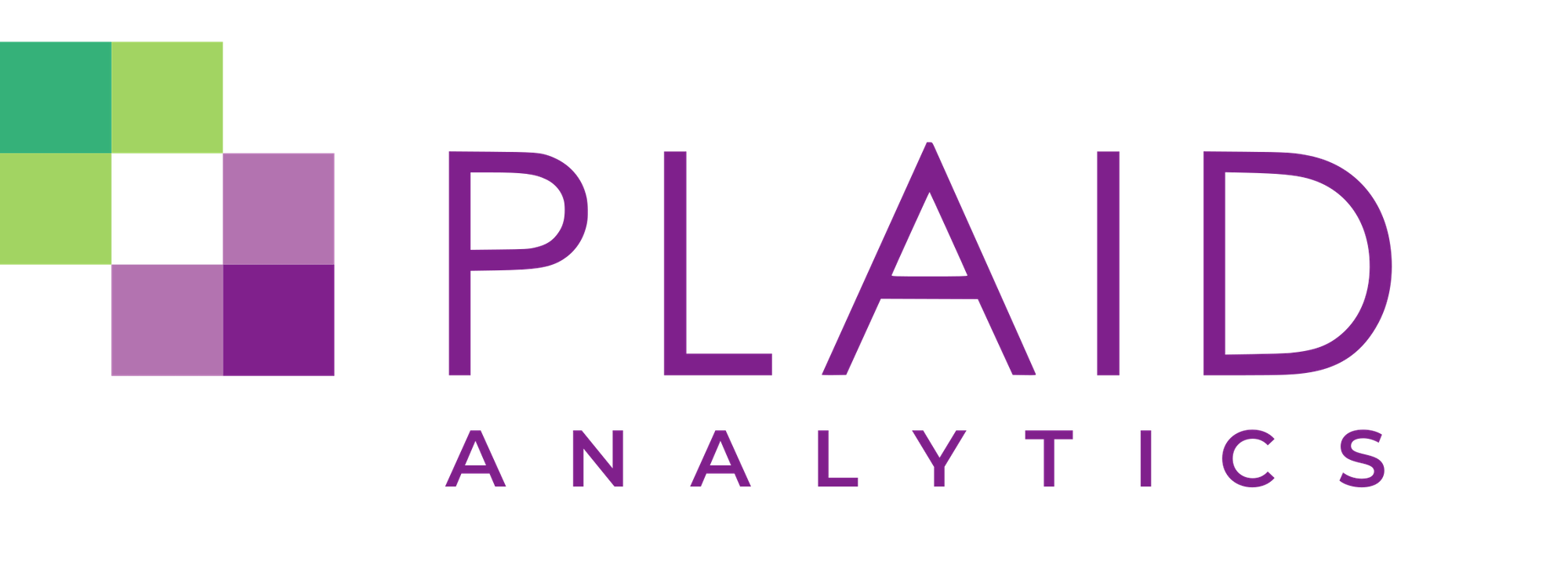Based on over 3 decades of experience in operational and strategic roles in higher education institutions, Plaid’s expertise has resulted in improving enrolment management and planning, data strategy and processes, student advisement, the enhancement of enrolment forecasting and revenue projections, as well as overseeing facility changes, and implementing enterprise data systems.
Featured Case Study: University of Alberta
The University of Alberta sought Plaid's expert advice and enrolment forecasting experience to help them create an evidence-based, actionable strategic plan to achieve their ambitious growth goal of 60,000 students by 2033.
All Case Studies
Explore real-world success stories showcasing how Plaid Analytics empower higher education leaders to drive enrolment, improve decision-making, build institutional resilience, plan for the long-term, and leverage their data for student success.
Ready to empower your institution with evidence-based insights?
Past Clients
From large research universities to rural community colleges, polytechnics, and education support and service providers, we've worked with over thirty different organizations across North America.

Solutions that make your data work for you.

